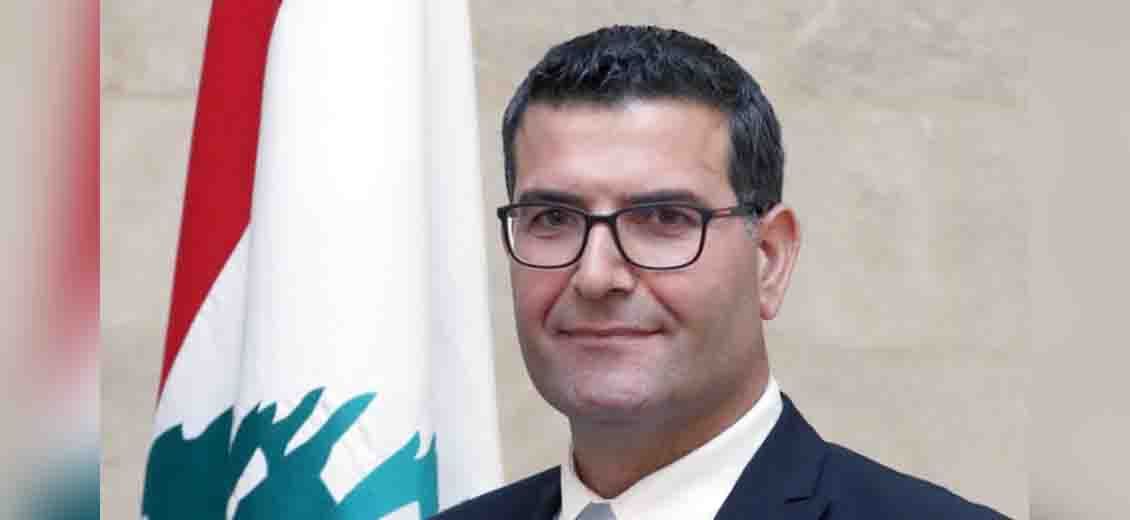
Lebanon plans to launch a fish farming, marine and river fish development project in the second half of June, the caretaker Minister of Agriculture, Abbas Hajj Hassan, announced on Friday in an interview with Radio Liban.
He explained that his recent visit to Cairo was aimed at overcoming obstacles regarding exports to Egypt and learning about the Egyptian fish farming sector and its modernized mechanisms.
He stressed the importance of the fishing industry, pointing out that 45,000 families have been working in this sector without support for a long time. In addition, a study carried out in collaboration with the FAO and Turkish experts has confirmed the presence of 400 species of fish in Lebanese territorial waters, offering promising commercial potential. At present, Lebanon imports 85% of its fish consumption, but Hajj Hassan believes that within two years the country could achieve a degree of self-sufficiency in this area. He also pointed out that the private sector was invited to invest, whether in river or marine fishing.
In addition, the Minister of Agriculture explained that he had worked with the Minister of Labor, Moustafa Bayram, to “develop a mechanism for regulating Syrian workers in the agricultural sector, in light of the current situation.” He said, “If potato growers or other sectors need workers, we will set up a clear and precise mechanism in partnership with the Ministry of Labor and the International Labor Organization.”
Hajj Hassan confirmed that the damage caused by the Israeli bombardments in South Lebanon is considerable. He explained that the ministry has set up committees, in collaboration with the Southern Council, to carry out field inspections and assess the damage. “The agricultural sector is a priority for the Ministry," he said, adding that the damage suffered by farmers would be assessed to establish a compensation mechanism.
He explained that his recent visit to Cairo was aimed at overcoming obstacles regarding exports to Egypt and learning about the Egyptian fish farming sector and its modernized mechanisms.
He stressed the importance of the fishing industry, pointing out that 45,000 families have been working in this sector without support for a long time. In addition, a study carried out in collaboration with the FAO and Turkish experts has confirmed the presence of 400 species of fish in Lebanese territorial waters, offering promising commercial potential. At present, Lebanon imports 85% of its fish consumption, but Hajj Hassan believes that within two years the country could achieve a degree of self-sufficiency in this area. He also pointed out that the private sector was invited to invest, whether in river or marine fishing.
In addition, the Minister of Agriculture explained that he had worked with the Minister of Labor, Moustafa Bayram, to “develop a mechanism for regulating Syrian workers in the agricultural sector, in light of the current situation.” He said, “If potato growers or other sectors need workers, we will set up a clear and precise mechanism in partnership with the Ministry of Labor and the International Labor Organization.”
Hajj Hassan confirmed that the damage caused by the Israeli bombardments in South Lebanon is considerable. He explained that the ministry has set up committees, in collaboration with the Southern Council, to carry out field inspections and assess the damage. “The agricultural sector is a priority for the Ministry," he said, adding that the damage suffered by farmers would be assessed to establish a compensation mechanism.
Read more



Comments